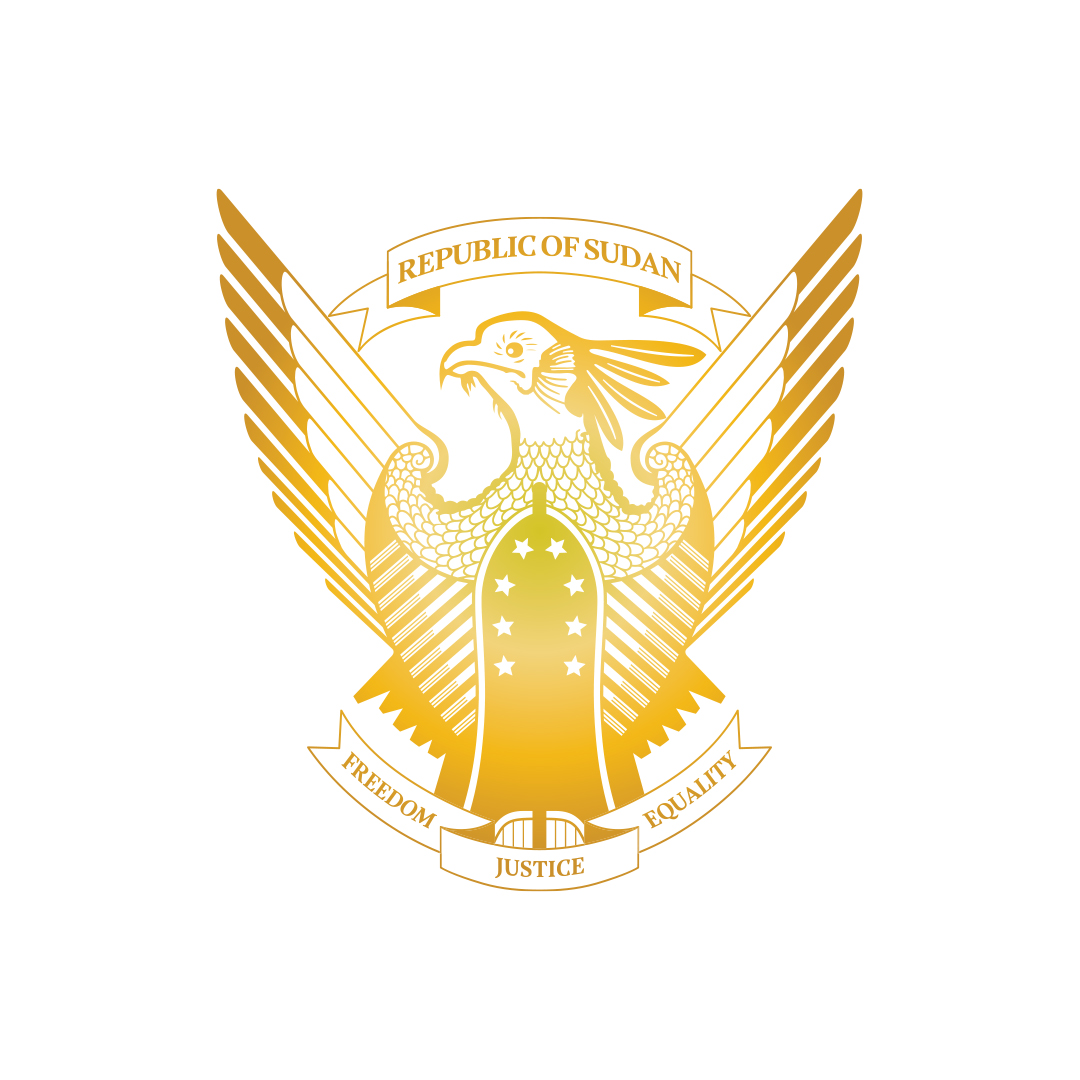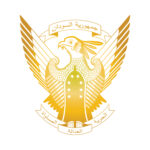[ad_1]
Republic of Sudan
Council of Ministers
Statement on the African Union’s Invitation to Certain Forces to Meet Next October at the Headquarters of the Union
The Peace Government has reviewed the invitation issued by the African Union regarding consultations with certain political forces on the peace process in Sudan. While reaffirming its appreciation for the African Union and its pivotal role in supporting peace and security efforts on the continent, the Peace Government wishes to clarify the following:
First: Any political process aimed at ending wars and planning for the future political stability of Sudan must be based on principles and visions that take into account the history of peace processes and answer the fundamental question: Why have peace-making efforts continuously failed to stop wars and armed conflicts and to achieve stability in Sudan—from the Addis Ababa Agreement of 1972, the Comprehensive Peace Agreement (Kenya, 2005), the Abuja Agreement of 2006, the Doha Peace Agreement of 2011, the Juba Peace Agreement of 2020, and other agreements?
Second: The Peace Government expresses its astonishment at the limitation of the invitation to certain parties, with particular focus on the Port Sudan coalition, which bears responsibility for igniting the war. Accordingly, the Peace Government—being an essential and central party in any political process or peace-making effort in Sudan, and the legitimate representative of the Sudanese peoples, who are burning under the flames of the war ignited by the Port Sudan coalition led by the terrorist Islamic Movement and its militias and battalions and various fronts—rejects this approach, which will produce neither peace nor stability. The Peace Government further affirms that its exclusion from the African Union’s planning of these consultations contradicts the principles of neutrality and objectivity that should guide the roles of regional organizations and undermines the chances of success for any political peace-making process in Sudan. It stresses that peace in Sudan cannot be achieved except through an inclusive and transparent process that brings together all active national stakeholders with a genuine interest in achieving a comprehensive and lasting peace that ends wars in Sudan, ensuring full national ownership of any agreement reached. Foremost among these parties are the Peace Government and other national forces committed to ending the war on the basis of addressing the root causes of conflicts in Sudan.
Third: The current position of the African Union—clearly reflected in the statement of the Chairperson of the African Union Commission at the recent Arab Summit in Baghdad, as well as in the remarks of the Commission Chairperson’s envoy to Sudan during his recent visit to Port Sudan—represents a clear bias. No statement has yet been issued to alter that position. On this basis, the Peace Government affirms that it places no reliance on the African Union’s proposed initiative for the October meetings, and stresses that the Union’s current approach to the Sudanese crisis will not lead to comprehensive and sustainable peace, nor to the achievement of political stability in Sudan.
Fourth: The Peace Government possesses a strategic vision to end wars and build sustainable stability and comprehensive peace in Sudan, one that addresses the roots and causes of the crises and wars in Sudan from the eve of independence in 1956 until today. This vision is based on the following principles:
– Voluntary unity of Sudan, its land and peoples.
– A democratic, secular Sudanese state.
– A federal (decentralized) system of governance that responds to Sudan’s diversity in all its forms and enables the Sudanese peoples to achieve just and sustainable development.
– The establishment and building of a new national army founded on a free Sudanese will and doctrine, which does not engage in politics or governance.
– The designation of the Islamic Movement and its various armed militias and battalions as terrorist organizations, and the banning of their activities.
Fifth: The Peace Government reaffirms its constant openness to cooperation and coordination with the African Union, and calls upon the Union to review its approach in managing this file, in a way that strengthens genuine partnership and leads to a just and sustainable peace process. The Government renews its commitment to the choice of Sudan’s unity and territorial integrity, to ending wars, and to achieving comprehensive and lasting peace, as the only path to resolving conflicts and fulfilling the aspirations of the Sudanese peoples for security, stability, and development.
In conclusion, the Peace Government calls on the African Union to reconsider its consultation arrangements in order to ensure the participation of national democratic forces working toward comprehensive peace, stability, and the ending of wars in Sudan, guaranteeing their direct and effective involvement in all stages of the political process and other initiatives proposed by the African Union concerning Sudan.
Council of Ministers,
Nyala, Sudan
[ad_2]
Source






